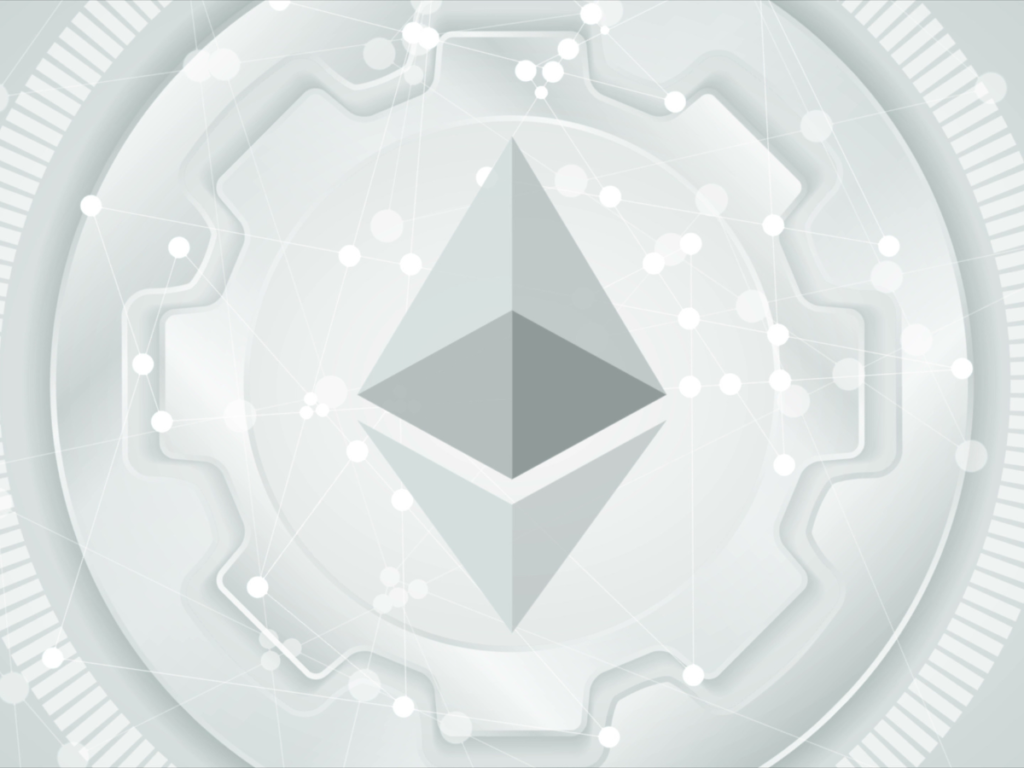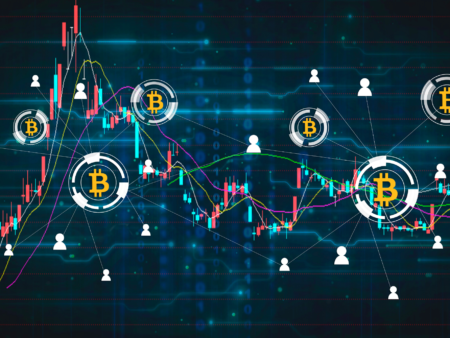Ethereum confronts censorship as US-approved transactions face exclusion, testing its commitment to decentralization.
The second-biggest blockchain in the world, Ethereum, is facing an increasingly significant issue due to statistics indicating greater censorship, mostly caused by massive block builders that omit transactions approved by the US government. The decentralized and open nature of blockchain technology, which is unrestricted by the limitations of the present Internet environment, is what attracts enthusiasts of this technology.
The issue of the Ethereum blockchain’s growing censorship
The critical point was reached when the US government sanctioned Tornado Cash, an Ethereum privacy blending application, alleging its use by organizations that were sanctioned by the Office of Foreign Assets Control (OFAC) of the US Department of Treasury.
Although proponents of the blockchain first questioned Ethereum’s resistance to censorship, this has been questioned.
According to research, there has been a noticeable increase in censorship; now, 72% of data blocks submitted to MEV-Boost, the middleware that drives Ethereum validators, are regarded as “censored.”
The Ethereum Foundation researcher Toni Wahrstätter claims that this number represents a significant increase over the roughly 25% that it was in November 2022.
Wahrstätter highlights the power of block creators to determine what is included in the blockchain and what is not, while omitting approved cryptographic addresses.
Only “Titan Builder,” out of the top five block builders, makes it clear that it doesn’t screen transactions, which exposes a weakness in Ethereum’s decentralization.
Concerns about increased censorship arise because block builders have the authority to select which transactions go into their blocks, which might undermine the fundamental principles of decentralization.
The creator of the Ethereum scaling network Gnosis Chain, Martin Köppelmann, warns that if another builder implements filtering techniques, there is a risk of severe censorship.
Sanctions-violating transactions are still allowed to enter Ethereum, but Wahrstätter sees the related fees and delays as censorship. Infrastructure operators would see this as an essential first step toward compliance, similar to how Ethereum is making its way into the mainstream.

The development of Ethereum
The study provides insight into how Ethereum’s transaction machinery has developed and how a small number of powerful users, such as block builders and trading bots, have sway over how the network functions.
There are concerns over Ethereum’s deviation from its original goal of creating a decentralized, censorship-resistant platform given its shift to a sophisticated infrastructure.
The results of Wahrstätter’s research emphasize how Ethereum’s MEV (Maximum Extractable Value) economy is becoming more centralized, endangering network neutrality and posing security concerns.
The concentration of crucial components, such relayers and block builders, raises questions about Ethereum’s infrastructure’s long-term viability and integrity.
It is understandable that some infrastructure providers—especially American-based ones—are becoming cautious in light of OFAC restrictions in light of the recent occurrences. The intricate relationship between censorship issues and regulatory compliance is exacerbated by the legal ramifications that Tornado Cash and Binance’s engineers must deal with.
The developers of Ethereum are aggressively tackling censorship and centralization problems in light of these difficulties.
Ethereum co-founder Vitalik Buterin has demonstrated his dedication to upholding the platform’s founding ideals in the face of changing circumstances by incorporating software modifications that restrict censorship into the most recent iteration of the roadmap that is being suggested.
In the end
The censoring problem with Ethereum illustrates the fine line that must be drawn between following legal requirements and upholding the core ideas of blockchain technology.
In order to guarantee Ethereum’s continuous resilience and adherence to its decentralized philosophy, stakeholders must work together to investigate solutions when the network meets these difficulties.











